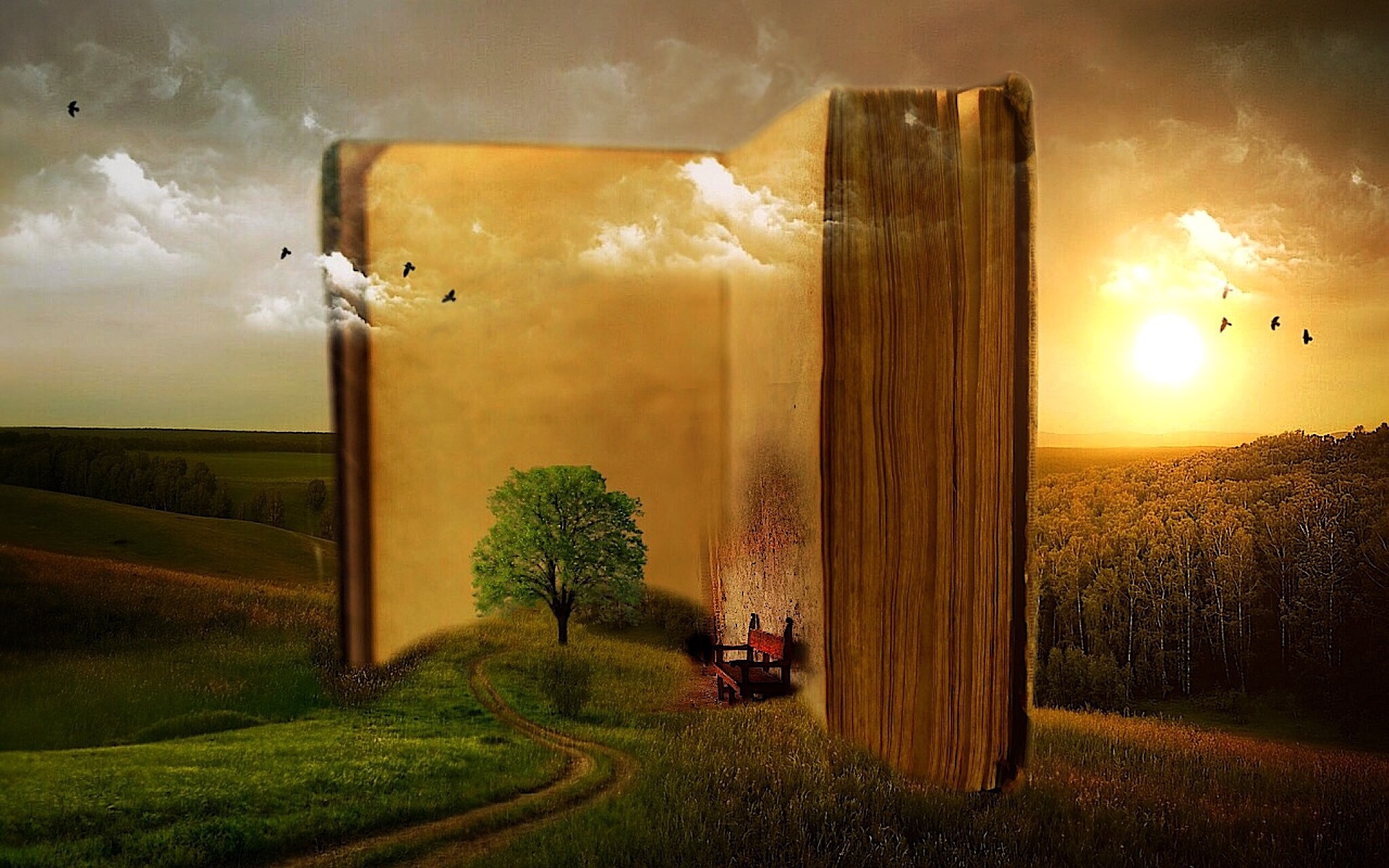What are some good self-development books for the lone wolf? In this article I have listed 5 good books for the lone wolf.
Personally, I like to read books in a certain niches, and of that is philosophy. And I have read some life changing books that I would consider as essential reading material for lone wolves.
These books will teach you coping mechanisms to deal with stuff like shaming, difficult people, a difficult past, basically all kind of hardship, and to live more independently in the material sense as well as the spiritual sense.
I must admit that there are still many great self-development books out there that I didn´t read, but I have planned to read more of them. So if you like the idea of me doing book reviews, let me know in the comment section.
Just for your information: I have put some Amazon links to the books I endorse in the description. If you happen to buy a book by one of those links, I get a small commission which will help me survive and grow this project.
Anyway: here are 5 self-development books for the lone wolf!
Enchiridion

One of the greatest Stoic works in the Enchiridion, which was written by a man called Epictetus. And the name says it all: this work is epic. The Enchiridion can be considered as a small handbook to give guidance to your life. Hence the name – Enchiridion – which means handbook. Interesting to know is that Epictetus was a slave, who was later freed to teach.
Mental resilience
He teaches us how to make your life livable no matter in what position you are. And concerning his own position being in bondage; if he can do it, everyone can do it. His Stoic teachings are meant to build mental resistance against hardship and the book contains many examples of this.
Remember that this work almost 2000 years old and many of these examples are a bit dated, although they can easily be converted to the present age. Other parts of the work are timeless and give us the impression than human nature will never change.
Nasty, annoying people
Epictetus had his way of dealing with arrogant, nasty people. They were just external things for him and their behavior wasn’t up to him anyway. So, why worry about them?
The main tenet of this work is the separation between the things that you can and cannot control. An I quote:
Some things are in our control and others not. Things in our control are opinion, pursuit, desire, aversion, and, in a word, whatever are our own actions. Things not in our control are body, property, reputation, command, and, in one word, whatever are not our own actions.
What a Stoic has to do is focus on the things that are in his control and have a contempt for the things that are not in his control.
Why I recommend this book to the lone wolf?
I think I have read the Enchridion about twenty times or maybe even more (which includes listening to it as an audiobook that you can get for free on YouTube as a public domain recording).
This book really helps me to get in a more peaceful mindstate or, perhaps the best way to describe it: a state of contentment. A lone wolf chooses to walk his own path, no matter what his goals are, and will follow his own values and morals.
Stoicism can be an invaluable philosophy to keep a cool head and cultivate an indifference towards the things that don’t matter to you. So, instead of getting carried away emotionally by everything around you, you will rationally decide what matters for you and how you will contribute to the world.
How to get it?
The Enchiridion is widely available on the internet for free and you can find free LibriVox audiobooks on YouTube. But if you want this masterpiece on your shelf or under the Christmas tree, you will find a link in the description.
The 4-Hour Workweek
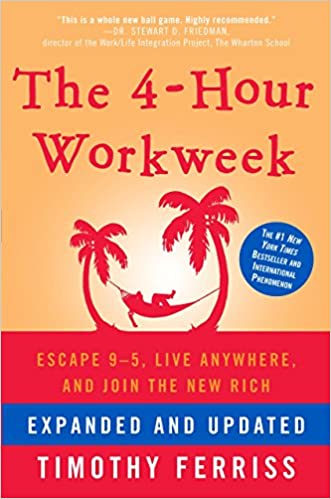
I’ve got this book recommended by a subscriber named Warren Wantoobe. I’ve had this on my shelf for a long time, but never took the time to read it. So I did last week and I think it’s an eye-opening book about how to live your life on your own terms.
Tim Ferriss, the author, will tell you all the simple truths about starting a business, creating passive income and teaches you mind changing ideas that completely change your perspective on life and how to be as productive as possible.
Self-improvement versus self-reparation
I have already done a video/article on one of them called: why you should self-improve and not self-repair (link in the description). This concept tells its reader that you should focus on your strengths and not spend your life repairing weaknesses.
Also, this book will help you identify your time wasters, to mitigate them or even to get rid of them. It also gives helpful insights on how to put your earning on auto-pilot to replace the meaningless 9-5 shitshow with something that is more meaningful to you.
Why I recommend this book to the lone wolf?
In addition to reach mental freedom through philosophy, this book will help you to use this mindset to create a fulfilling life. A lone wolf has set himself free from the collective expectation of working 9-5, buy a house, get married and be happy.
Therefore he is able to think out of the box and to fully exploit his life agility. I mean: you have decided to abstain from certain things that you don’t see as useful, so why not take advantage of that? Bottom line: work to live and not live to work. The latter can be done in abundance. You will find a link below, if you are interested.
The Power Of Now
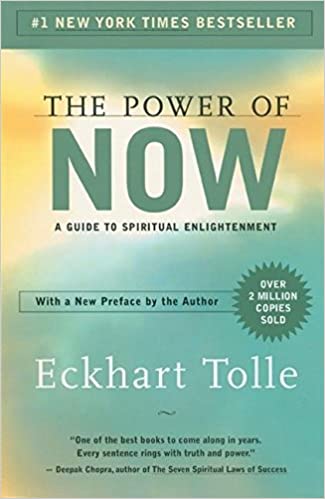
Now (pun intended), something completely different. Power of Now is the masterpiece by spiritual teacher Eckhart Tolle. Now, some of you might think this book is a bit wooly. And yes, some parts are. The Power of Now teaches the principles of being in the present moment.
Now why is this important? Because we waste so much time ruminating about past events and worrying about the future that we forget to experience the only thing there really is: the present moment.
Practical advice
The beauty of this book is that it not only teaches what the present moment is, but gives practical advice on how to enter the present moment and be free of overthinking. Overthinking is often a reason for depression and anxiety, and how Tolle puts it:
“Many people live with a tormentor in their head that continuously attacks and punishes them and drains them of vital energy. It is the cause of untold misery and unhappiness, as well as of disease.”
How freeing it is to get rid of this tormentor and just enjoy the moment you are in?
Why I recommend this book to the lone wolf?
To be honest, I recommend this book to everyone. A lone wolf in particular can benefit from this book because it helps you to deal with overthinking. The danger of spending time in solitude is that the mind sometimes goes crazy, producing a lot of destructive thoughts.
Many people simply think themselves into depression and even suicide when they are condemned to themselves and their thoughts. By mitigating the train of thoughts you will prevent your mind to completely take you over. In other words: it helps you to be a happy hermit instead of a miserable recluse. You will find a link below, if you are interested.
Meditations
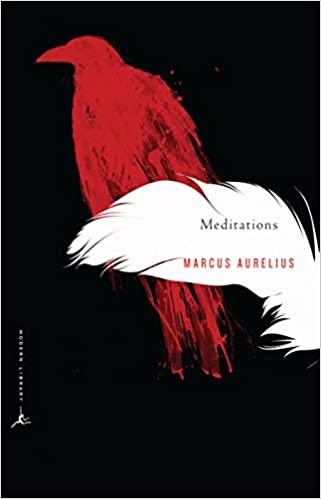
Have you ever wanted to look into the mind of a Roman Emperor? Well, this is what makes Meditations so unique: it gives you an insight in the thoughts of emperor Marcus Aurelius.
Aurelius was not only the ruler of the most powerful empire in the world (back then) but he was, like Epictetus, a follower of Stoicism. To me, this fact made Stoicism even more special as a philosophical school: it is useful to the lowest as well as the highest ranks of society.
Meditations will teach you how to deal with annoying people, how to stay centered and, basically, how to not give a f*ck, except for the things that you deem important. Also, it will teach you how to deal with change. This is very relevant to this age in a world that is changing rapidly. Aurelius puts much emphasis on living in the present moment.
Why I recommend this book to the lone wolf?
I believe that the biggest reason why Marcus Aurelius turned to writing his journal was that he had no one to talk to. All people he associated with were beneath him in terms of the dominance hierarchy, and most of them just needed something from him.
He had no equals and it was probably quite lonely at the top. In Meditations you will see how he coped with his position and found happiness in simplicity.
Very little is needed to make a happy life; it is all within yourself in your way of thinking.
How to get it?
You will find the Meditations everywhere on the internet and LibriVox audiobook is available on YouTube. You can buy it here.
Zhuangzi
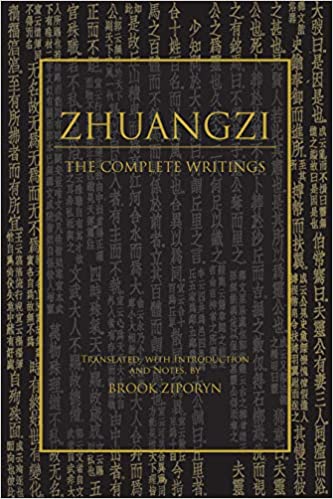
Perhaps you find it strange that I do not include the Tao Te Ching in this list as a big fan of this book. I do recommend you to read the Tao Te Ching, because it is considered the most important work of Daoism.
Tao Te Ching
You can find many translations online, and it is a beautiful piece of poetry that inspired me to create the Tao Te Ching series. But is it really about self-improvement?
My honest answer: it depends on you how read it. No one really knows and fewer understand the meaning of its words. If you want to read something beautiful or food for contemplation on life, by all means, read the Tao Te Ching.
Zhuangzi the sage
For this list, however, I think that the Zhuangzi is more suitable. This book contains stories that are very fun to read. It basically teaches you Taoist philosophy by telling you about the adventures of a wide set of characters, that also include Lao Tzu and the famous Confucius.
Zhuangzi is basically a character that outsmarts the world. He is a master at seeing the positive side of things. Perhaps the most famous story is the one about Zhuangzi dreaming that he was a butterfly. When he reflected on that dream he started wondering if he was Zhuangzi dreaming he is a butterfly or if he is a butterfly dreaming he is Zhuangzi.
He concludes that there is no certainty about the state you are in: are you fully awake now or still dreaming? This is something to do a separate video about in the future; great stuff for the philosophical development of the mind.
Crooked tree
The book contains a story about the crooked tree that I did a video about. You’ll find a link in the description. Also, it explains the idea of Yin and Yang, the existence of an all encompassing force that cannot be named (well, they named it the Tao for the lack of a better word) and gives us insights in the concept of “less is more”.
I have been reading Zhuangzi for the third time, and I keep finding new things that I somehow missed during the previous two times.
Why I recommend this book to the lone wolf?
In my opinion, Zhuangzi was an ultimate lone wolf. He looked for the silver lining in everything, which granted him the possibility to enjoy every moment to the fullest. I think it is great stuff for the philosophical self-development of a lone wolf.
Here is a link to Chinese cartoon that tells the story of Zhuangzi in a very simple way, which I personally prefer over the complicated stuff written by scholars.
How to get it
This book is also freely available on the internet. And there are many articles written about the Zhuangzi as well. Personally, I am happy that I bought the book in physical form, and I have enjoyed reading it on sunny days in the forest with birds singing in the background.
